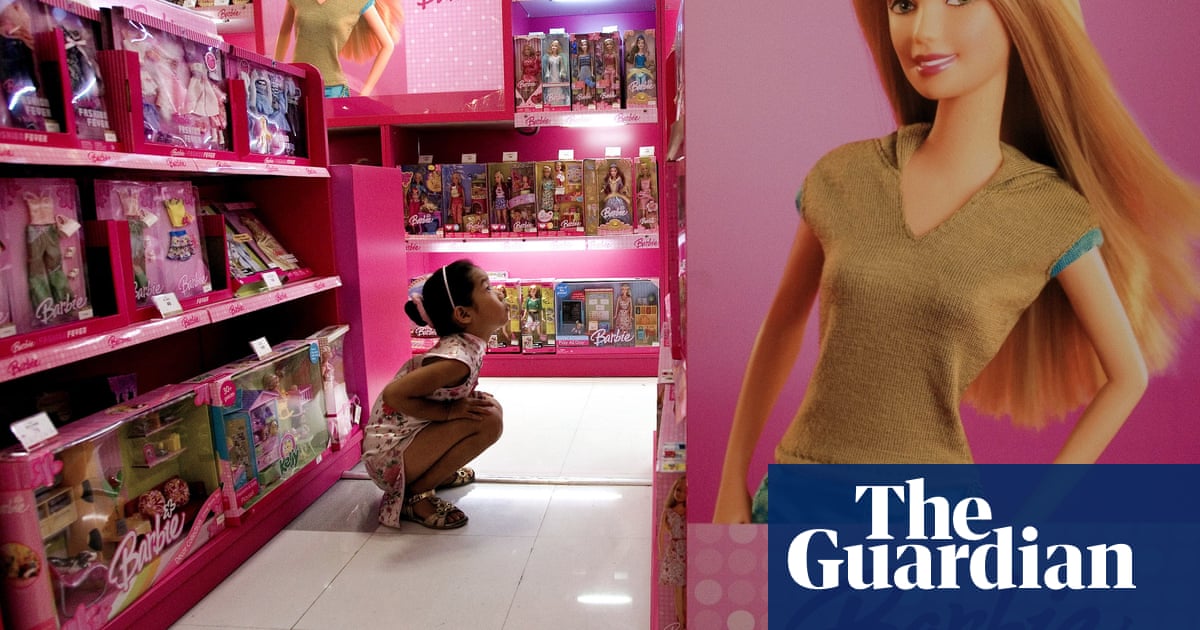Barbie maker Mattel has said it will increase prices for some products in the US as Donald Trump’s sweeping tariffs bump up costs for the toymaker.
The US represents about half of Mattel’s global toy sales, and the company imports about 20% of its goods sold in the country from China. Mattel said it would reduce imports into the US from China to below 15% by 2026.
“Given the volatile macroeconomic environment and evolving US tariff landscape, it is difficult to predict consumer spending and Mattel’s US sales in the remainder of the year and holiday season,” the toymaker said, as it withdrew its annual financial targets.
The company said it was “taking pricing action” in its US business “where necessary” in response to the tariffs.
Separately, the carmakerFordsaid the US president’s tariffs would cost it about $1.5bn (£1.1bn) this year.
The US car company expects tariffs to add $2.5bn to its overall costs this year – largely due to the increasing costs of imports from Mexico and Canada. But it plans to cut about $1bn of those costs through various measures.
The US and China have hiked tariffs on each other’s goods to more than 100% since Trump took office earlier this year, in a full-on trade war between the world’s two biggest economies that has upended global supply chains.
“There’s no question that tariffs are creating disruption in the industry. Many companies have stopped production and shipping to the US as a result of tariffs from China. We do support the Toy Association’s advocacy for zero tariffs on toys,” the Mattel chief executive, Ynon Kreiz, told Reuters.
The company was making changes to its supply chain to reduce China-sourced product in the US. For instance, it was ramping up production of the Uno card game in India to serve the US market and increasing flow from China towards international customers, Kreiz said.
Apart from China, Mattel imports products such as Barbie dolls and Hot Wheels toys from Indonesia, Malaysia and Thailand, which were also hit by reciprocal tariffs from the Trump administration in early April before being paused for 90 days.
Sign up toBusiness Today
Get set for the working day – we'll point you to all the business news and analysis you need every morning
after newsletter promotion
Mattel expects about $270m in incremental costs from tariffs this year, beginning in the July quarter, but mitigating actions are expected to fully offset those costs, the outgoing finance chief, Anthony DiSilvestro, said on a post-earnings call.
“The toymaker is squarely in the crosshairs of Trump’s tariff war,” said Zak Stambor, a senior analyst at Emarketer.
Mattel had been targeting annual net sales growth of 2% to 3%.
Reuters contributed to this report
